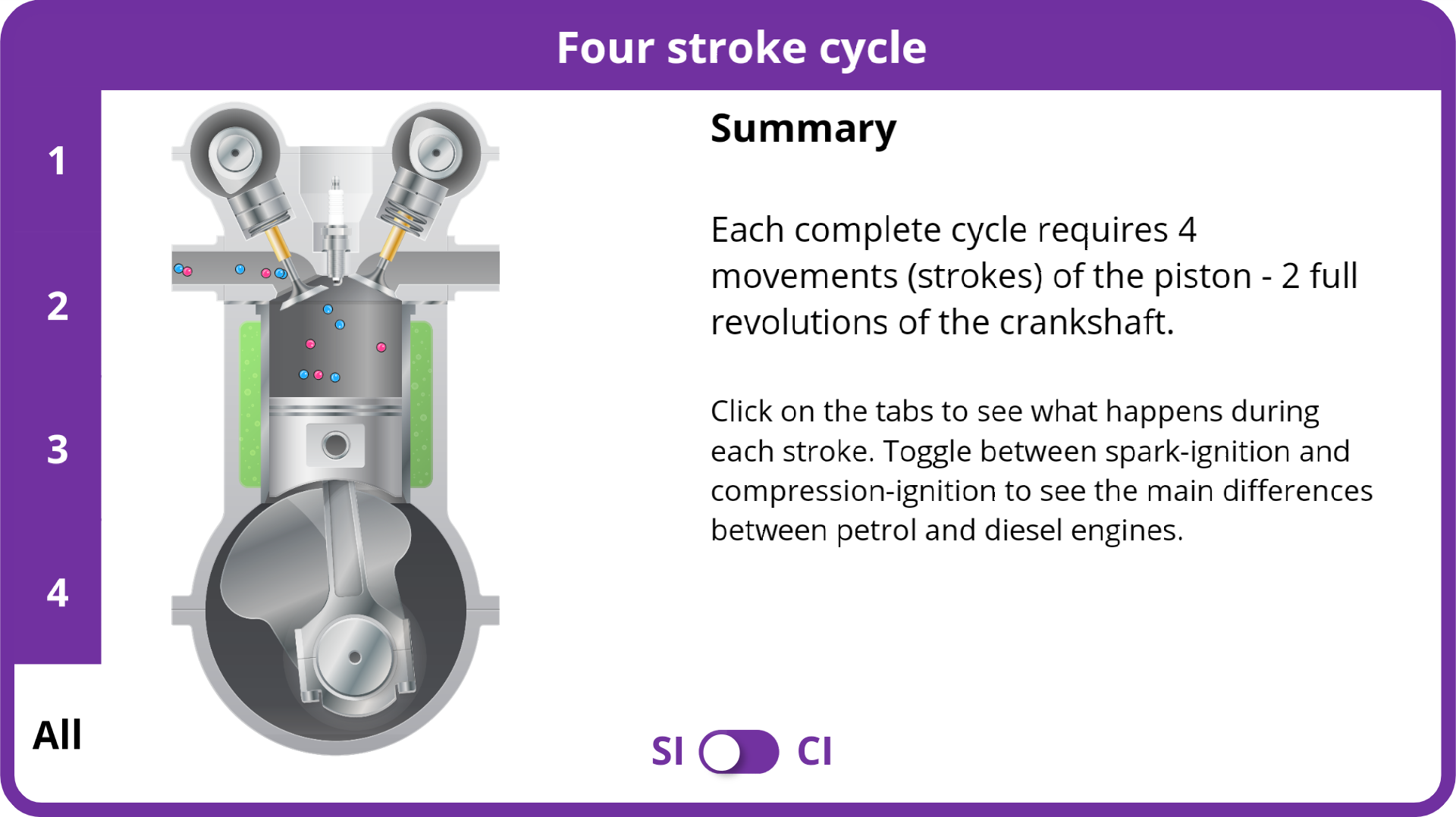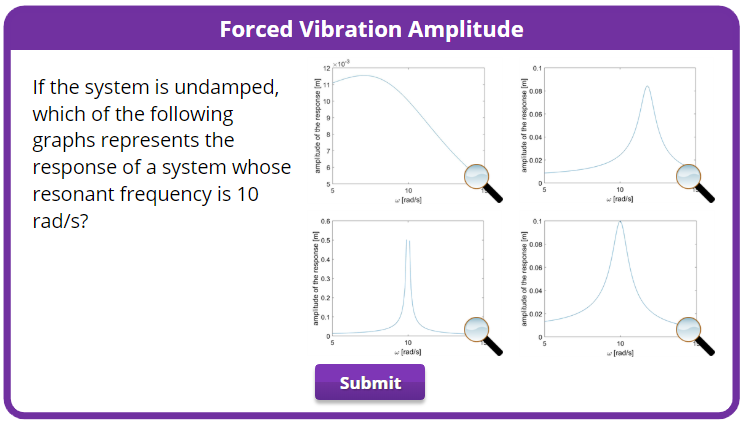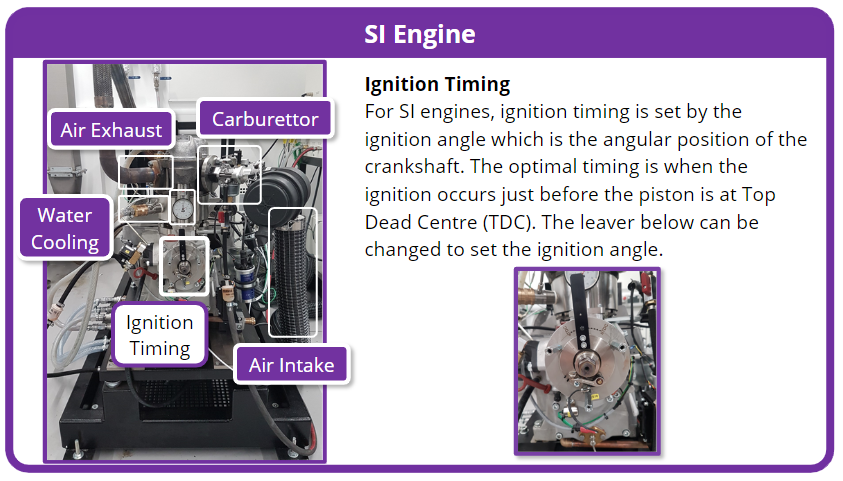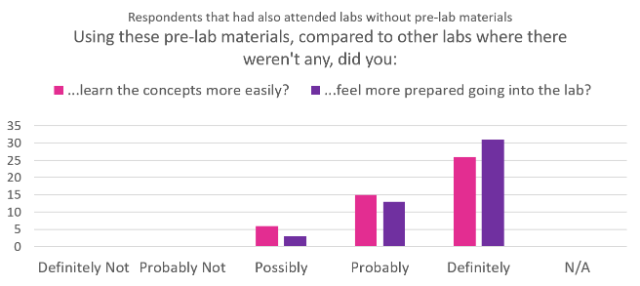Engineering Dynamic Lab Manuals
Origin
School of Civil, Aerospace and Mechanical Engineering & Digital Education Office
Contact
- Sean Lancastle (CAME)
- Chrysanthi Tseloudi (DEO)
Tools
Blackboard, Re/Play, Articulate Storyline, Adobe Photoshop, Premiere, Animate, HTML/CSS/JavaScript



Background
In the School of CAME, practical laboratory work involves experiments that demonstrate key engineering principles and aims to integrate theory with practice, encourage inquiry methodology and develop team work, report writing and communication skills.
Students tended to not engage with the mainly textual, static preparatory materials (e.g. pdf files or presentation slides). This meant that they weren't actively learning before the lab and they were neither prepared to start nor always aware of the risks. They often ended up spending significant time on safety briefing and then working through instructions without necessarily understanding the overall aims.
Dynamic Lab Manuals (DLMs) are sets of online, dynamic and interactive learning resources - used mostly as preparation for, and sometimes as a follow up to, students’ laboratory sessions. They were first used by the School of Chemistry, had been shown to help students feel prepared and confident going into the lab and had since been expanded to other schools. In Engineering, only a few first-year labs had them.
Objectives
Create engaging resources that help students feel more prepared and confident going into the lab, aware of any risks and having understood both the background concepts and the overall aims of the lab.
What was done
In the academic year 2018-2019, the DEO, in close collaboration with the relevant teaching staff, developed and added 3 new DLMs to Engineering students’ lab preparation materials for Engines, Inertia (1st year) and Vibrations 2 (2nd year). Each DLM consisted of a variety of bite-sized resources, including text, photographs of equipment, images of theoretical models, labelling interactives, videos, animations, interactive simulations, quizzes and exercises.
Teaching staff
- Alicia Gonzalez-Buelga
- Becky Selwyn
- Martyn Pavier
- Michael Tierney
- Sam Brooks
Outcomes
We included anonymous surveys in the Blackboard courses that contained the DLMs, which students could fill out as soon as they completed the DLMs. We got 80 responses in total from the 3 surveys. Results were presented at INTED2020.
What worked well
Most students:
- Found the materials Very-Extremely helpful to learn concepts and feel more prepared for the lab.
- Knew “Little” to “More than half” of the presented content before using the materials, but most “More than half” to “Almost everything” after using them.
- Felt they learned the concepts more easily and felt more prepared going into the lab when they used the interactive materials.

- Among the things they liked the most:
- the DLMs helped them prepare so they knew what to do in the lab
- the materials were clear, easy to follow and helped them understand and visualise procedures
- they had more confidence or were more at ease in the lab
- No accessibility issues were brought up. On the contrary, a student with dyslexia appreciated the interactivity and small amount of text.
What could be (was) improved
The students encountered very few issues, which we took into account to improve the resources for the next year. For example, we hosted videos on Re/Play, instead of Blackboard, to reduce loading times.
Their answers gave us a better idea what to expect, so we also improved the survey to make it easier to complete and better understand representation.
Future plans
The new DLMs were helpful for students' preparation, more so than the mainly textual materials usually offered. The DEO are hoping to create more DLMs for Engineering and other Schools in the future, as well as dynamic and interactive resources for other courses.
The Faculty of Engineering has undertaken a review of many of its programmes, identifying the need for strengthened practical provision in year 1. DLMs will play an important role in this as part of a common blended learning offering to all first-year students.
